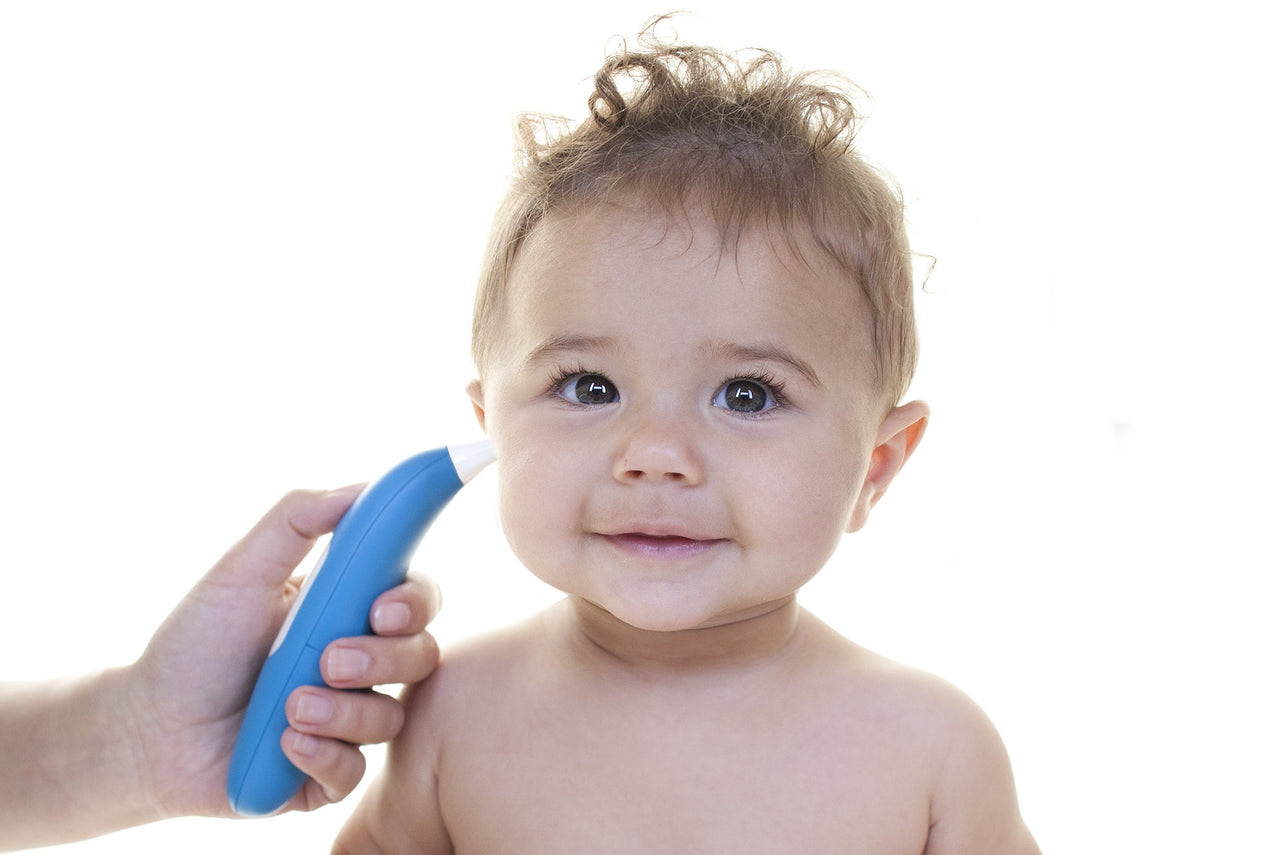
Baby's first cold & flu season
One of the scariest things for a new parent is the thought of their baby getting sick, especially as baby’s immune system begins to develop. You’ll have a lot to worry about once your little one arrives, so it’s important to take steps now to be you’re prepared to weather your child’s first cold & flu season.
How can I be prepared?
1. Keep up your own health.
- Mama, you’re baby’s best defense against disease. Your own immunities protect baby in utero, and breastfeeding arms him with your germ-fighting powers. But you can also pass on cold and flu viruses you may have gotten yourself.
- Make sure you get sufficient rest and fluids, and wash your hands often.
2. Stock your medicine cabinet.
- Tissues. The soft kind.
- Vaporizer or humidifier. These are extremely helpful to keep baby comfortable.
- Children’s Tylenol or other fever reducers that contain acetaminophen. Take caution with children under 6 months, and avoid giving them ibuprofen altogether.
- Snot sucker. For those inevitably snotty days.
- Saline nasal wash. This helps clear out your baby’s nasal passage when they’re too young to blow their nose.
- An accurate thermometer - we recommend the Kinsa Smart Thermometer. It even tracks your child’s health history for you, when you have enough other things to remember.
3. Get vaccinated.
The best line of defense against the flu is an annual vaccination. Once baby arrives, wait until they are 6 months old to get them vaccinated. But it’s never too late for you to vaccinate yourself and the rest of your family.
4. Disinfect everything.
- Since you come in contact with your baby often, your hands should remain as germ-free as possible. Carry around your trusty antibacterial at all times.
- Any surfaces you or baby might touch. There are some great baby-friendly cleaning products that keep both germs and harmful chemicals out.
How will I know when I should be concerned?
Especially during the first few months, it’s ok to call your pediatrician if you have concerns. Since your newborn can’t tell you when they’re not feeling well, it’s important to closely monitor any change in their behavior and keep an eye on their temperature.
Fever is the best indicator of illness. A good rule of thumb is that temperature readings over 100.4 degrees F are considered a fever and can be contagious. If infants under 3 months exhibit any sign of fever, take them to the doctor. Temperatures over 102 degrees for infants can be cause for concern, so you should contact a care facility immediately .
